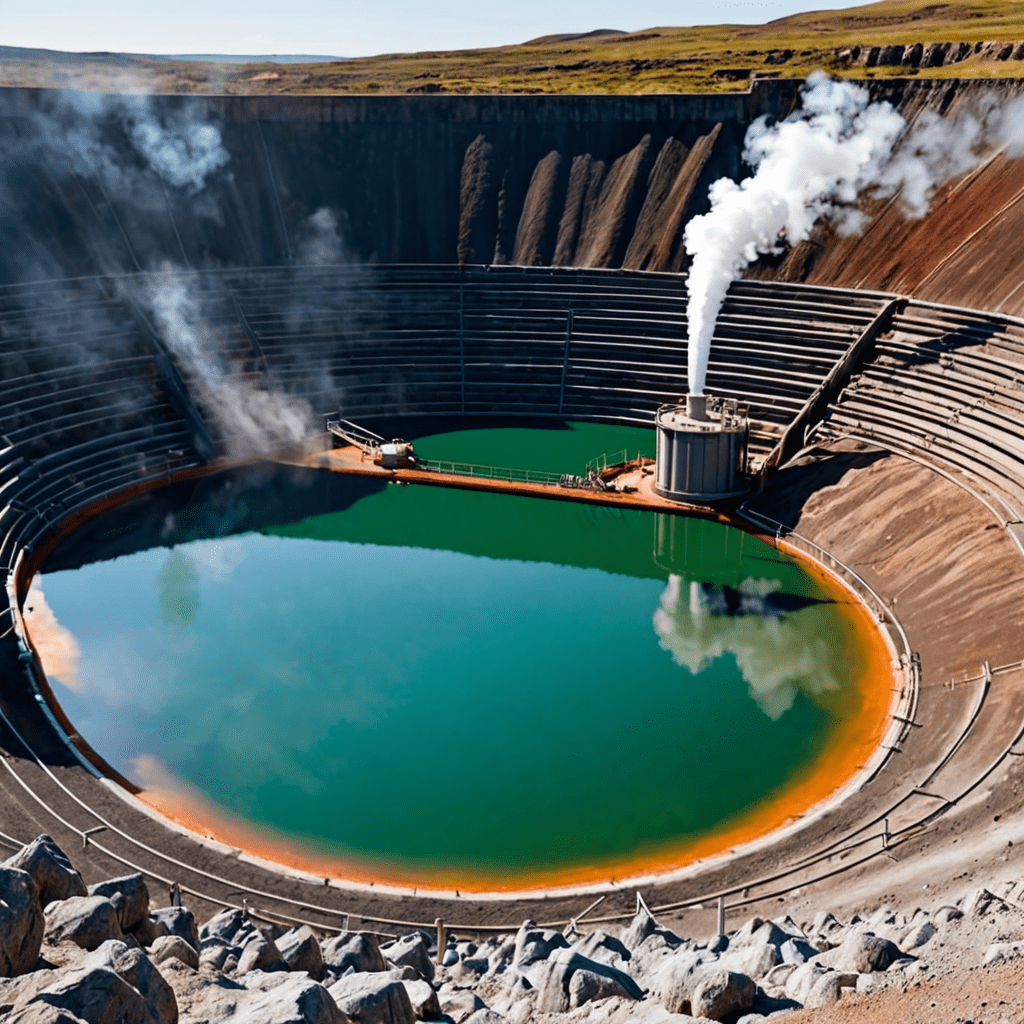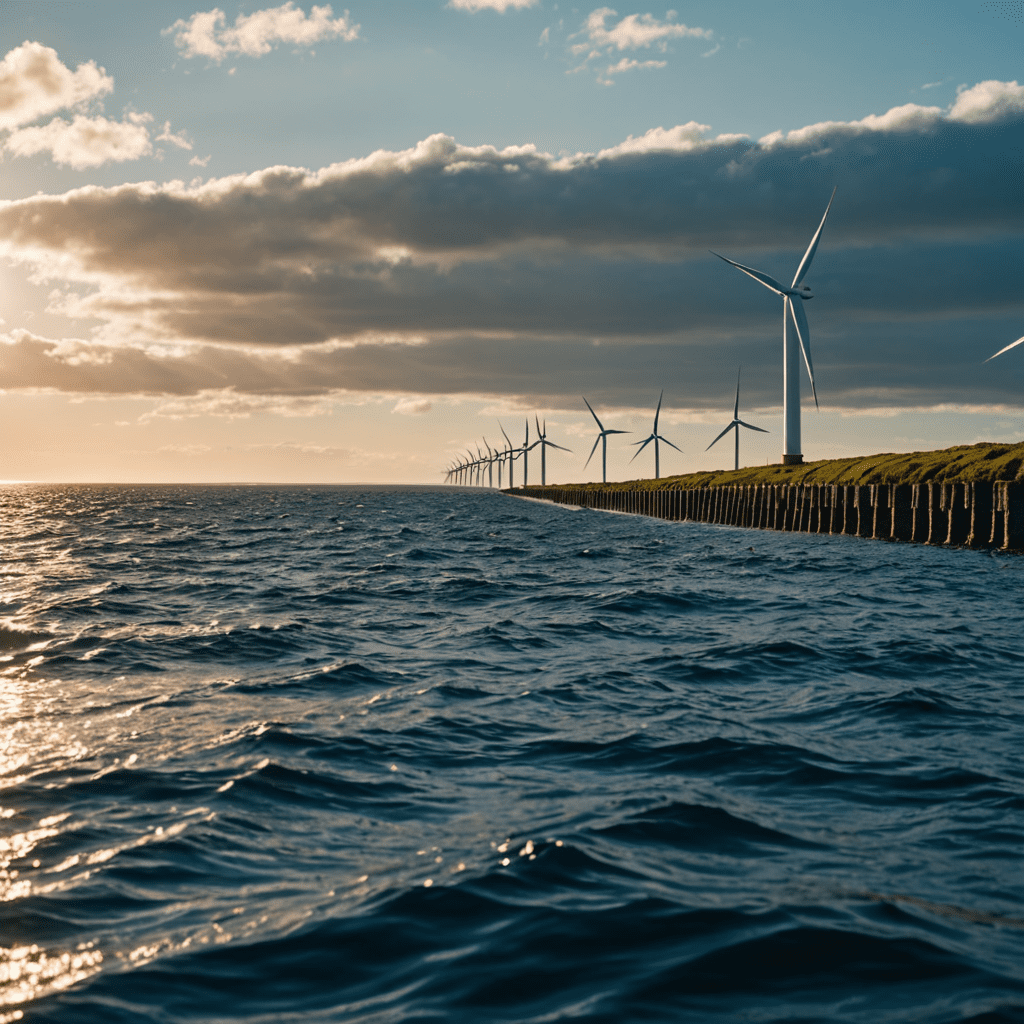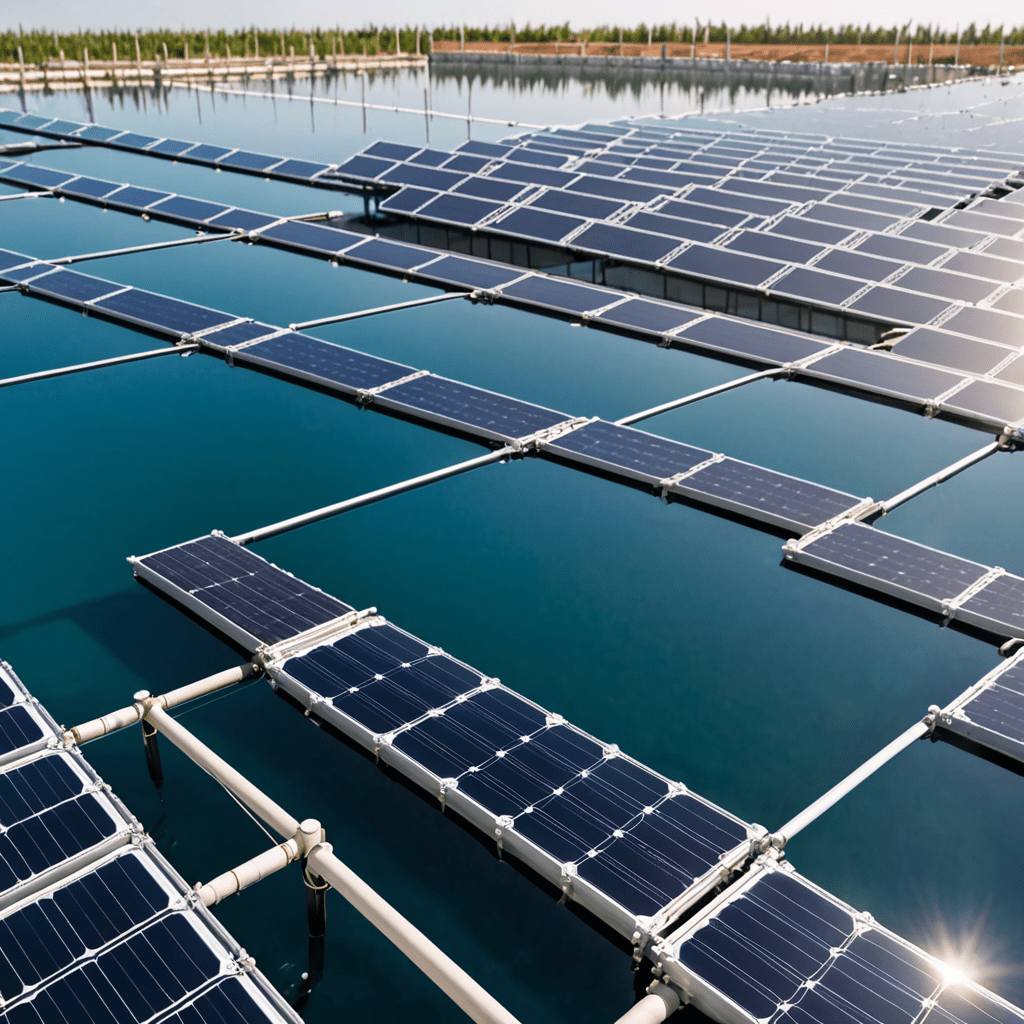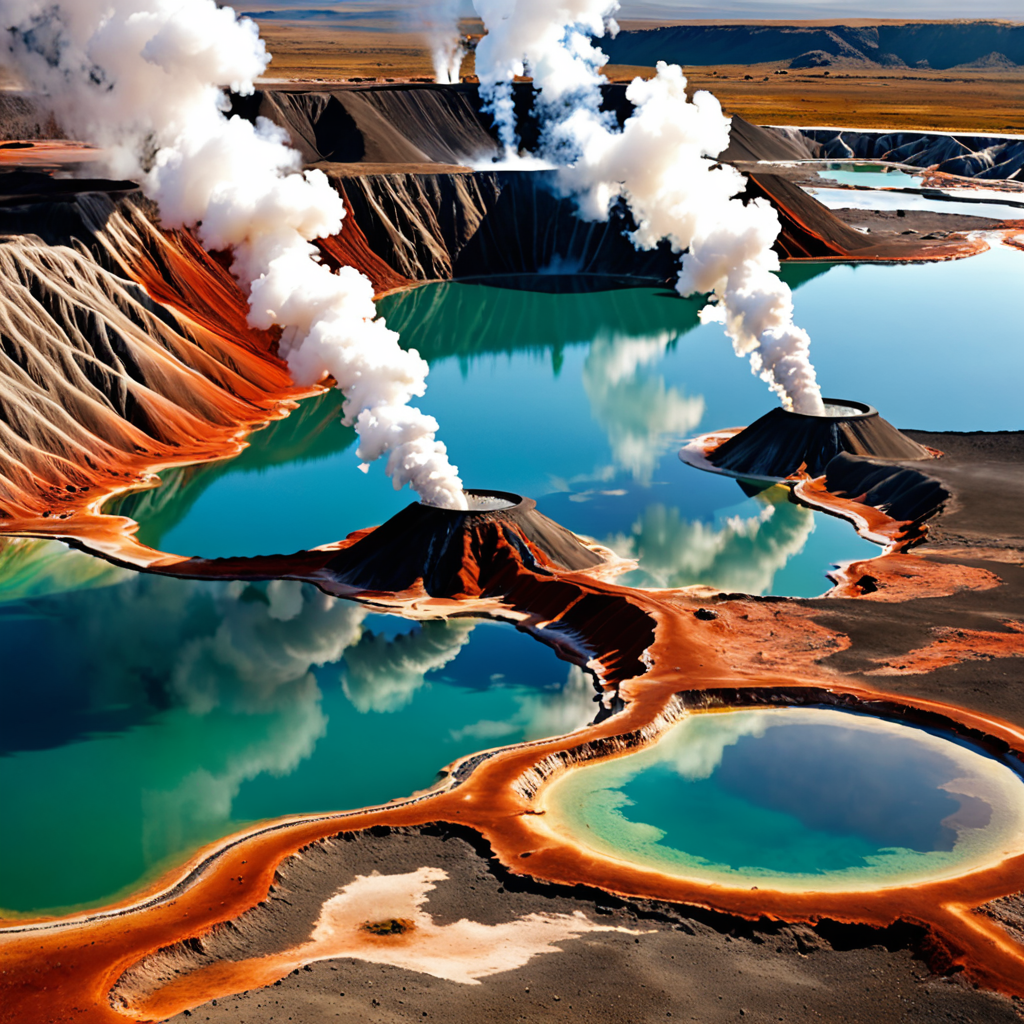
Geothermal Energy: Geothermal Reservoir Engineering
Welcome to the fascinating world of geothermal reservoir engineering, where the heat beneath our feet is harnessed to generate sustainable energy. In this blog post, we will delve into the principles, challenges, and advancements in geothermal reservoir engineering.
Understanding Geothermal Energy
Geothermal energy is derived from the heat stored beneath the Earth’s surface. This natural heat is produced by the radioactive decay of minerals and the residual heat from the Earth’s formation. Geothermal reservoir engineering involves extracting this heat for various applications, such as electricity generation and heating.
Characteristics of Geothermal Reservoirs
Geothermal reservoirs vary in temperature, depth, and fluid composition. These reservoirs can be categorized as hydrothermal systems, where hot water and steam are present, or enhanced geothermal systems, which require stimulation to enhance heat extraction.
Challenges in Geothermal Reservoir Engineering
One of the key challenges in geothermal reservoir engineering is reservoir characterization, which involves understanding the geology, fluid flow, and heat transfer within the reservoir. Additionally, managing reservoir pressure and preventing mineral deposition are crucial for sustainable energy production.
Techniques in Geothermal Reservoir Engineering
Geothermal reservoir engineers utilize various techniques to optimize heat extraction, such as numerical modeling, tracers for fluid flow monitoring, and hydraulic fracturing to enhance permeability. These techniques help improve reservoir performance and increase energy efficiency.
Advancements in Geothermal Technology
Recent advancements in geothermal technology include hybrid systems that combine geothermal energy with other renewable sources, such as solar or biomass, to provide continuous power generation. Innovations in drilling technology have also enabled access to deeper and hotter geothermal resources.
Environmental Benefits of Geothermal Energy
Geothermal energy is a sustainable and environmentally friendly resource that produces minimal greenhouse gas emissions compared to fossil fuels. By tapping into the Earth’s heat, geothermal energy contributes to reducing dependence on non-renewable energy sources.
Conclusion
In conclusion, geothermal reservoir engineering plays a crucial role in harnessing the Earth’s heat for clean energy production. By overcoming challenges and embracing technological advancements, geothermal energy continues to emerge as a reliable and eco-friendly solution for our energy needs.
Frequently Asked Questions about Geothermal Reservoir Engineering
What is Geothermal Reservoir Engineering?
Geothermal reservoir engineering is a branch of geothermal energy that focuses on understanding the behavior of underground reservoirs where geothermal fluids are stored. It involves studying the characteristics of these reservoirs to optimize the extraction of heat from within the Earth.
How is Geothermal Reservoir Engineering important?
Geothermal reservoir engineering plays a crucial role in determining the feasibility and sustainability of geothermal energy projects. By analyzing factors such as temperature, pressure, and fluid flow within reservoirs, engineers can design efficient systems for harnessing geothermal energy.
What are the key aspects of Geothermal Reservoir Engineering?
Key aspects of geothermal reservoir engineering include reservoir modeling, fluid behavior analysis, geophysical surveys, and well design optimization. These aspects help engineers understand how to effectively utilize geothermal resources for energy production.
How does Geothermal Reservoir Engineering help in sustainable energy production?
By applying geothermal reservoir engineering principles, experts can ensure the sustainable utilization of geothermal resources without depleting the underground reservoirs. This knowledge helps in maximizing energy production while minimizing environmental impact.


